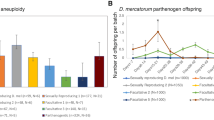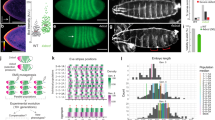Abstract
I HAVE read with interest Mr. Purser's thoughtful letter on the subject of my review. If he will substitute the term “race-memory” for “gene”, we shall not be far apart. But the gene of the Mendelian stands out as something that is never functional. “No one”, said the late Sir Archdall Reid, “ever heard of a useful gene.” When one takes into consideration the fact that the Mendelian genes in Drosophila have been shown to increase in their damaging effect on the viability of the organism in proportion to the structural change which they involve, and when further it is discovered that genes can be artificially produced by irradiating insect eggs with X-rays—a process which kills most of the eggs—one is driven to the conclusion that a gene is germ damage of which the outward manifestation is a mutation. The only effect that natural selection would have on such aberrations would be to wipe them out. In my opinion, mutations and adaptations have nothing to do with one another and only adaptations are recapitulated in ontogeny.
This is a preview of subscription content, access via your institution
Access options
Subscribe to this journal
Receive 51 print issues and online access
$199.00 per year
only $3.90 per issue
Buy this article
- Purchase on Springer Link
- Instant access to full article PDF
Prices may be subject to local taxes which are calculated during checkout
Similar content being viewed by others
Rights and permissions
About this article
Cite this article
MACBRIDE, E. Embryology and Evolution. Nature 126, 918–919 (1930). https://doi.org/10.1038/126918c0
Issue Date:
DOI: https://doi.org/10.1038/126918c0
Comments
By submitting a comment you agree to abide by our Terms and Community Guidelines. If you find something abusive or that does not comply with our terms or guidelines please flag it as inappropriate.



